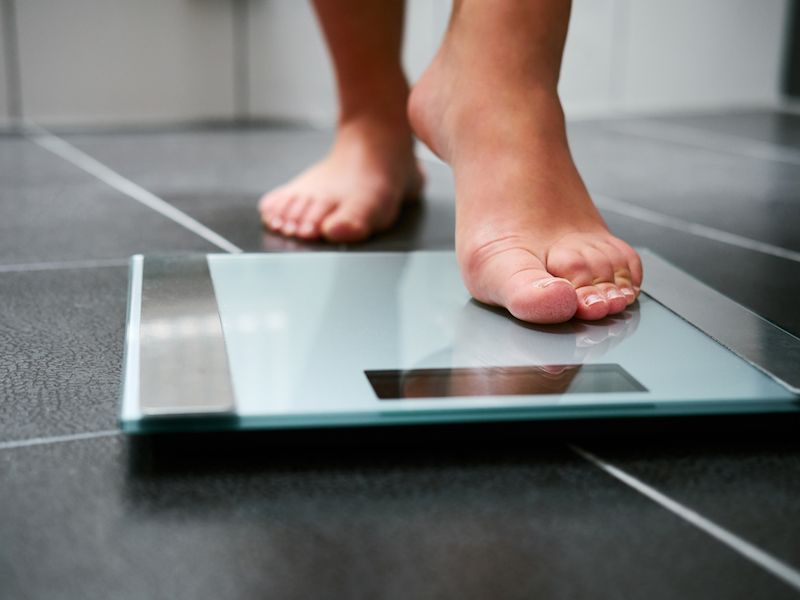
It’s well recognized, that over time, overeating will be unhealthy to your health. Obesity is associated with several health issues. Heart disease, high cholesterol, diabetes, and you can add hearing loss to the list, also. It’s calculated that about 48 million individuals in the United States, hearing loss is an issue for approximately 20% of the U.S population, and in adults it’s virtually double that number, 93 million, are obese. Throughout the country, these shocking numbers indicate a significant health problem.
How Is Obesity Related to Loss of Hearing?
Numerous studies have revealed that loss of hearing and obesity have a connection. Specifically what that link is, is still being studied, it’s assumed that obesity is related to loss of hearing because of its effect on our circulatory system. Furthermore, hearing loss is connected to diabetes and high blood pressure which are known to be associated with obesity.
Our inner ears are filled with little hairs that perceive sound in the ear. To be able to function correctly, these little hairs, called stereocilia, have to have a steady flow of blood. Due to obesity, the flow of blood is restricted throughout the body because, so they can get the blood flowing inside the body, the heart must do extra work, which means that your inner ear is working on less-than-optimal blood flow. This could irreversibly damage the ears. Heart disease, high blood pressure, and diabetes impact the inner ear in the same way, because each of these illnesses negatively effects your blood flow.
Keeping your weight under control is particularly worthwhile as you get older since age-related hearing loss and high-fat mass index are also connected. When you were younger, your body’s metabolism worked more efficiently and faster, which is why you need to try to stick to healthy habits that you formed when you were younger.
Your hearing and your overall health are benefited by a healthy diet.
Obesity Related Loss of Hearing Treatments
It’s feasible that you may not be capable of recovering your lost hearing if it’s brought on by obesity, however, so that you can find out how extensive your loss of hearing is, it’s beneficial to have your hearing examined. If you have permanent damage, you might require a hearing aid or other device to start hearing properly again.
If the damage is only minor, you might need to consult your doctor about creating an exercise and diet routine to lessen the impact your weight has on your well being before it gets any worse. Your doctor should recommend a cardio intensive exercise regimen that will help improve your general health and get your blood pumping. There will be, more than likely, other improvements in your life also, such as mental health, since consistent exercise has been proven to lessen depression.
Obesity-Related Hearing Loss, How to Prevent it
In order to protect against obesity-related hearing loss regular exercise and a healthy diet are a must. Keeping your body healthy will also help keep your hearing in good shape. One way to get started is a consultation with a nutritionist who can help develop a program that is personalized for you and is targeted on helping you reach your goals. The task of the nutritionist is to make certain you’re consuming nutritious foods with the correct blend of nutrients, such as foods that have plenty of iron, because of course, a lack of iron in your diet can exacerbate your loss of hearing and result in tinnitus.
Learn more concerning hearing loss and how you can hear better with the appropriate treatment.
